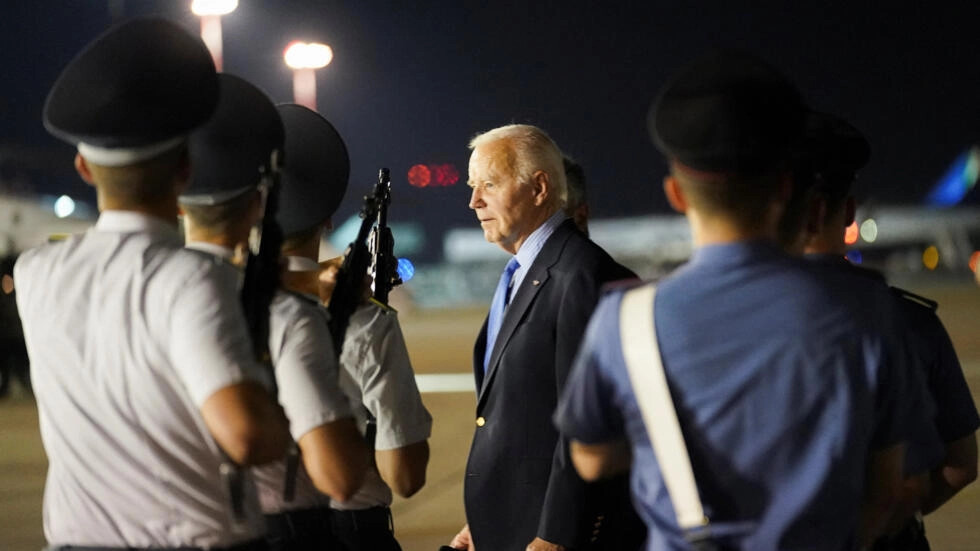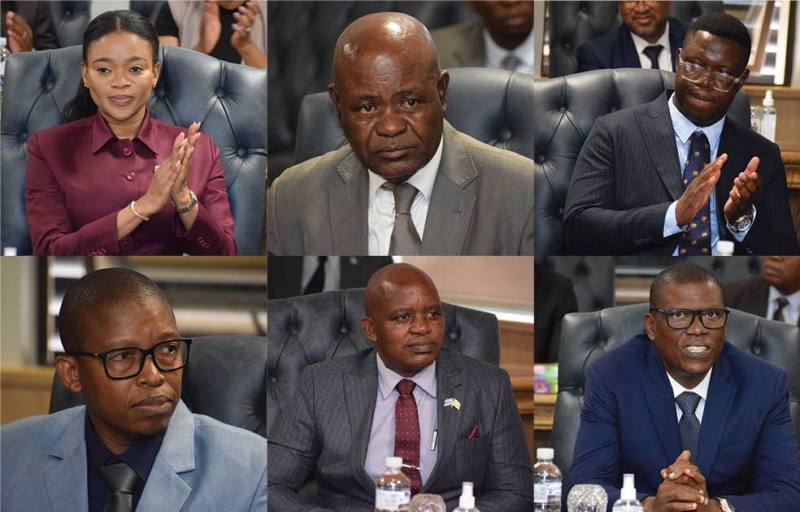G7 leaders are finalizing a deal to lend Ukraine $50 billion, with the funds potentially reaching Kyiv by year-end, according to a French official. The loan will primarily be guaranteed by the US government, using windfall profits from approximately $300 billion in frozen Russian assets, most of which are held in European Union nations.
The French official indicated that the US-guaranteed loan could be supplemented with European or other national contributions.
However, the legality of confiscating the frozen assets and sending them to Ukraine has been a topic of debate among officials from various countries for over a year.
The assets were immobilized by the US and its allies when Russia invaded Ukraine in 2022. They are still considered Russian property, and converting them into forfeited assets for Ukraine’s benefit requires additional judicial procedures, including a legal basis and court adjudication.
Instead, the European Union has set aside the windfall profits generated by the frozen assets, which are easier to access.
The US also passed the REPO Act earlier this year, allowing the Biden administration to seize $5 billion in Russian state assets located in the US for Ukraine’s benefit, although the details are still being finalized.
US national security adviser Jake Sullivan stated that the goal is “to provide the necessary resources to Ukraine now for its economic, energy, and other needs so that it’s capable of having the resilience necessary to withstand Russia’s continuing aggression.
The French official, who remained anonymous due to French presidential policy, said that the details could be finalized quickly, and the $50 billion loan will be disbursed by the end of 2024.
Ukraine’s reconstruction and recovery needs are significant. The World Bank’s latest damage assessment, released in February, estimates the costs at $486 billion over the next 10 years.
The move to unlock Russia’s assets follows a delay in the US Congress approving military aid for Ukraine.
John Herbst, a former US Ambassador to Ukraine, said that the unreliability of American funding is an important reason to pursue this route.
If Russia regains control of its frozen assets or the interest generated is insufficient to repay the loan, the question of burden-sharing arises, according to the French official. The details of who will shoulder the burden are yet to be determined.










